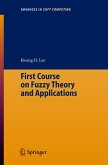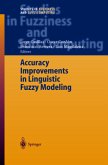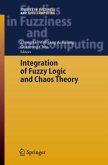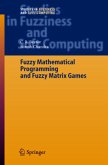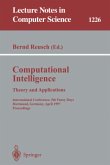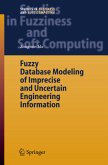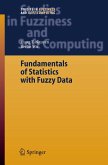In this book, modeling and control design of electric motors, namely step motors, brushless DC motors, and induction motors, are considered. The book focuses on recent advances on feedback control designs for various types of electric motors, with a slight emphasis on stepper motors. For this purpose, the authors explore modeling of these devices to the extent needed to provide a high-performance controller but at the same time amenable to model-based nonlinear designs. The control designs focus particularly on recent robust adaptive nonlinear controllers to attain high performance. It is shown that the adaptive robust nonlinear controller on its own achieves a reasonably good performance without requiring the exact knowledge of motor parameters. While carefully tuned classical controllers do often achieve required performance in many applications, it is hoped that the advocated robust and adaptive designs will lead to standard universal controllers with minimal need for fine tuning of control parameters.
Lotfi Zadeh introduced the notion of a fuzzy subset of a set in 1965. Ris seminal paper has opened up new insights and applications in a wide range of scientific fields. Azriel Rosenfeld used the notion of a fuzzy subset to put forth cornerstone papers in several areas of mathematics, among other discplines. Rosenfeld is the father of fuzzy abstract algebra. Kuroki is re sponsible for much of fuzzy ideal theory of semigroups. Others who worked on fuzzy semigroup theory, such as Xie, are mentioned in the bibliogra phy. The purpose of this book is to present an up to date account of fuzzy subsemigroups and fuzzy ideals of a semigroup. We concentrate mainly on theoretical aspects, but we do include applications. The applications are in the areas of fuzzy coding theory, fuzzy finite state machines, and fuzzy languages. An extensive account of fuzzy automata and fuzzy languages is given in [100]. Consequently, we only consider results in these areas that have not appeared in [100] andthat pertain to semigroups. In Chapter 1, we review some basic results on fuzzy subsets, semigroups, codes, finite state machines, and languages. The purpose of this chapter is to present basic results that are needed in the remainder of the book. In Chapter 2, we introduce certain fuzzy ideals of a semigroup, namely, fuzzy two-sided ideals, fuzzy bi-ideals, fuzzy interior ideals, fuzzy quasi ideals, and fuzzy generalized bi-ideals.
Lotfi Zadeh introduced the notion of a fuzzy subset of a set in 1965. Ris seminal paper has opened up new insights and applications in a wide range of scientific fields. Azriel Rosenfeld used the notion of a fuzzy subset to put forth cornerstone papers in several areas of mathematics, among other discplines. Rosenfeld is the father of fuzzy abstract algebra. Kuroki is re sponsible for much of fuzzy ideal theory of semigroups. Others who worked on fuzzy semigroup theory, such as Xie, are mentioned in the bibliogra phy. The purpose of this book is to present an up to date account of fuzzy subsemigroups and fuzzy ideals of a semigroup. We concentrate mainly on theoretical aspects, but we do include applications. The applications are in the areas of fuzzy coding theory, fuzzy finite state machines, and fuzzy languages. An extensive account of fuzzy automata and fuzzy languages is given in [100]. Consequently, we only consider results in these areas that have not appeared in [100] andthat pertain to semigroups. In Chapter 1, we review some basic results on fuzzy subsets, semigroups, codes, finite state machines, and languages. The purpose of this chapter is to present basic results that are needed in the remainder of the book. In Chapter 2, we introduce certain fuzzy ideals of a semigroup, namely, fuzzy two-sided ideals, fuzzy bi-ideals, fuzzy interior ideals, fuzzy quasi ideals, and fuzzy generalized bi-ideals.


